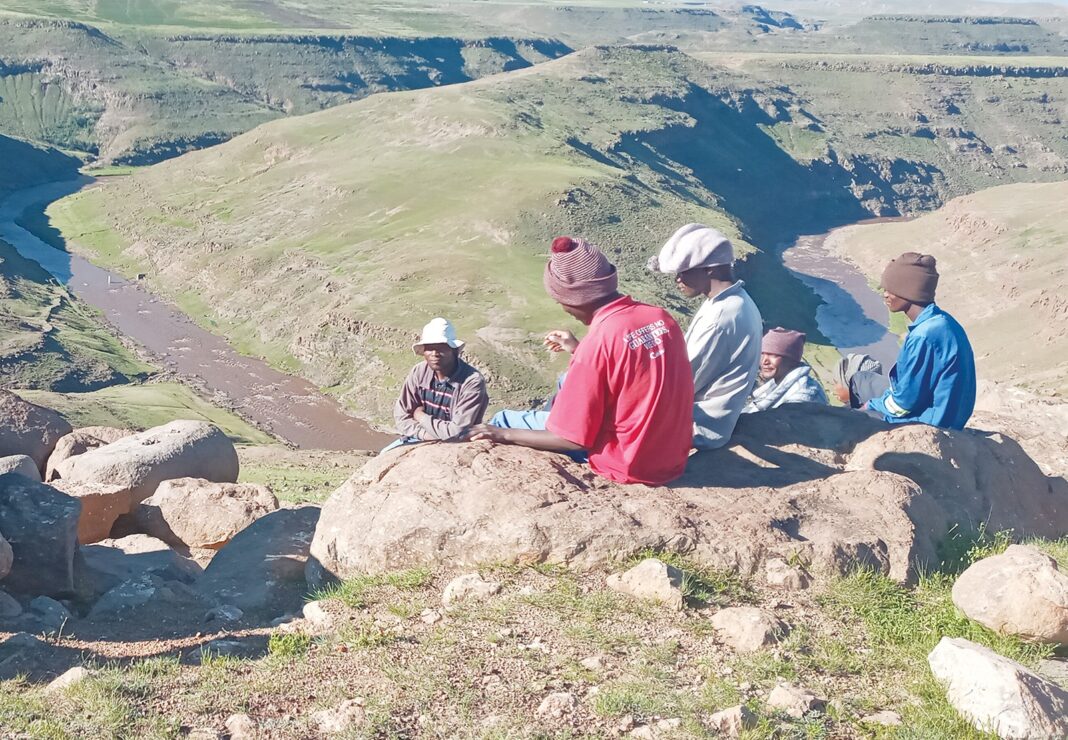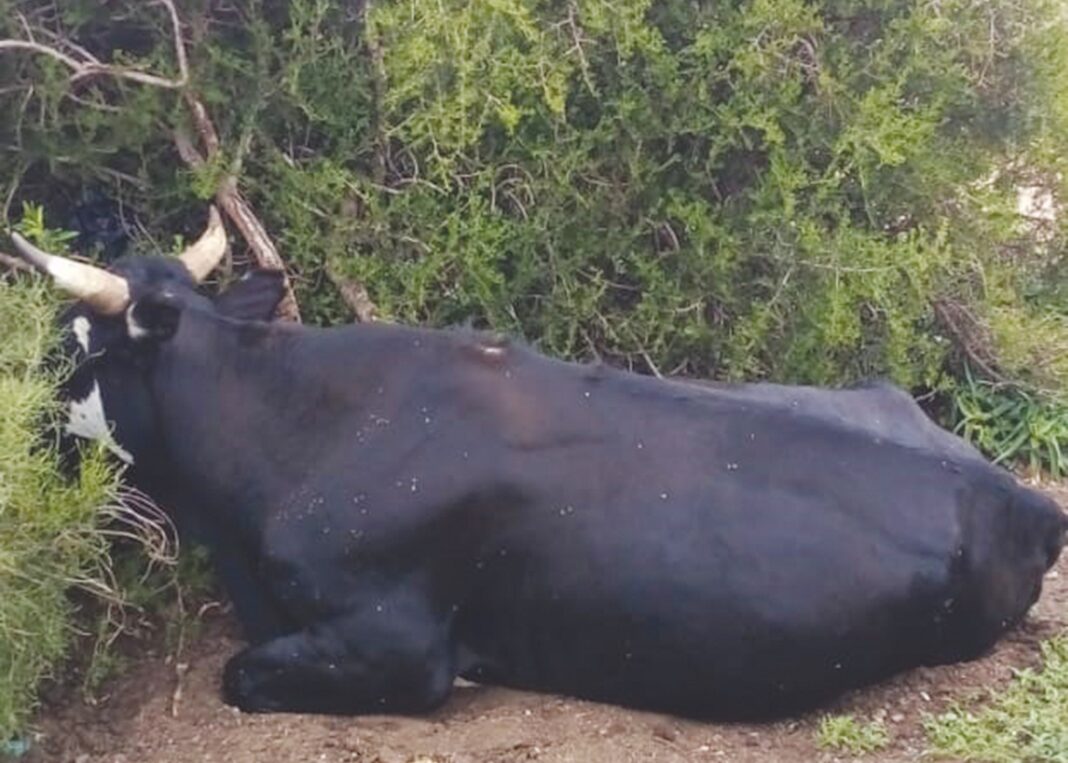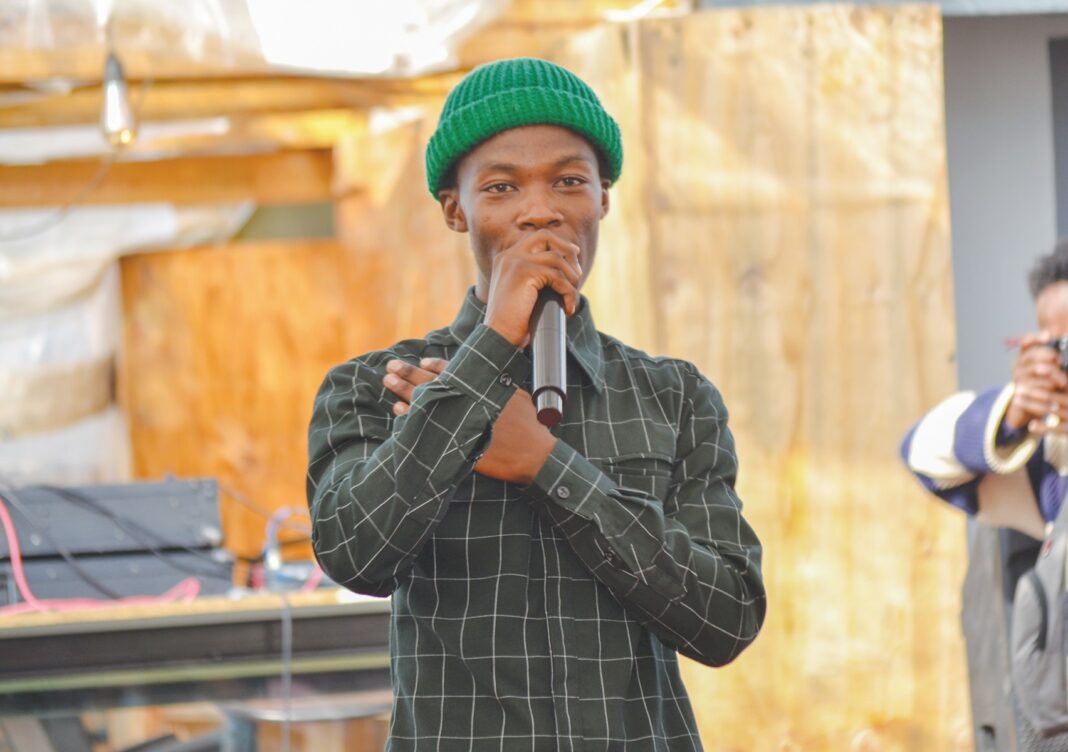By ‘Majirata Latela
The Masakong villagers in Mokhotlong district have lashed out at the Transformation Resource Centre (TRC) accusing it of failure to fulfil its promises.
The community is angry with the non-governmental organisation which they accuse of abandoning them despite a string of promises it would fight for protection of their rights.
That anger is threatening to reach boiling point, with a Masakong community representative coming out to claim that the TRC had promised to protect them against alleged injustices meted out to them by the Lesotho Highlands Development Authority (LHDA).
The LHDA is implementing the Lesotho Highlands Water Project (LHWP) with construction of the Polihali dam as part of Phase II to transfer water to South Africa’s Gauteng province through a network of tunnels.
Among the issues voiced by Lebohang Lengoasa is that the NGO is failing them as it fails to push for compensate from the LHDA. He said their crop lands in the form of fields were affected by the on-going construction in the Phase II, forcing them to lose ploughing.
He said the NGO had sent an unidentified officer to source a litany of complaints and concerns from the villagers. The officer, he continued never went back to give them feedback on the promises made.
He is disappointed that the LHDA has not compensated them for their loss in the form of crop fields while the civil organisation was adamant it would entice the water authority to pay for their losses.
“We have concerns with Lesotho Highlands Water Project (LHWP) on its phase II project which is currently under construction here in Mokhotlong. We first started complaining about alleged unfair and selective employment of people who work at the construction companies contracted under Polihali project.
“TRC came in, listened to our grievances and left us with the hope that they will try by all means to help us. While working on that issue we also raised the issue of compensation. We asked the organisation to help us push for the compensation policy to be reviewed because we wanted lifetime compensation for our fields and the land that has been taken away from us by the projects,” he explained.
He added that TRC failed to “give them feed-back on any progress made in attempts to force the LHDA to review the compensation policy.”
The villagers have bitterly criticised the authority for implementing a policy allowing for compensation for property loss to span for 50 years. They demand a 99 year-compensation.
“The construction companies still bring people from other districts and from South Africa for employ at the sites. There are reports that some people bribed the contractors to be offered jobs and we have that evidence,” he added.
“We had very high hopes that TRC was going to help us in fighting for our rights and what Lesotho Highlands Water Authority has promised us. LHDA never told us that our land and fields will be used before we can get compensated but that is how they have handled the issue. Some people have not been able to plough their fields for two years now because construction sites have been erected on them,” he indicated.
Lengoasa was pessimistic as to who to trust as they had pinned their hopes on the TRC. He wondered whether the TRC had been offered some hand shake or not so as to silence the advocacy officers.
The TRC social and climate programme officer,’Moso Thaabe, said yesterday the NGO has been working with communities around Polihali for close to five years now. He said his organisation formed constituency clinics and paralegals “which were trained to assist TRC with the concerns of the community.”
He added that the training of the groups helped the communities to stand for themselves, be very strategic and firmly raise their issues.
“We are aware of the grievances and like I have mentioned, we have structures of people who have been tasked to continue pushing those community concerns to be addressed by LHDA. They also know that they can report to us when they meet challenges so that we can advise where we can.
“At least twice in a quarter TRC made it a point to visit those communities to assess the progress. However, the challenge now is that the project which funded the communities there ended recently,” Thaabe urged.
On the other hand, Lesotho Council of Non- Governmental Organisation’s Sekonyela Mapetja advised the villagers that NGOs’ work is only advocacy and where appropriate fight for the rights of vulnerable communities.
He said Mokhotlong communities is now vulnerable that is why NGOs will come in to help the communities by advocating to the relevant stakeholders to respect the rights of the project affected residents.
He was adamant that the TRC was still helping the inhabitants in that area and promised to investigate “what might have transpired.”









